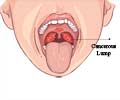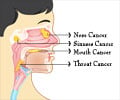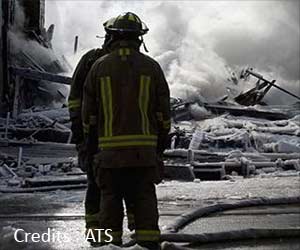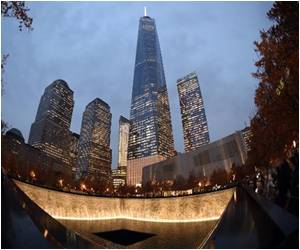World Trade Center (WTC) responders are more likely to have human papillomavirus (HPV)-related head and neck cancers, reveals a new study.
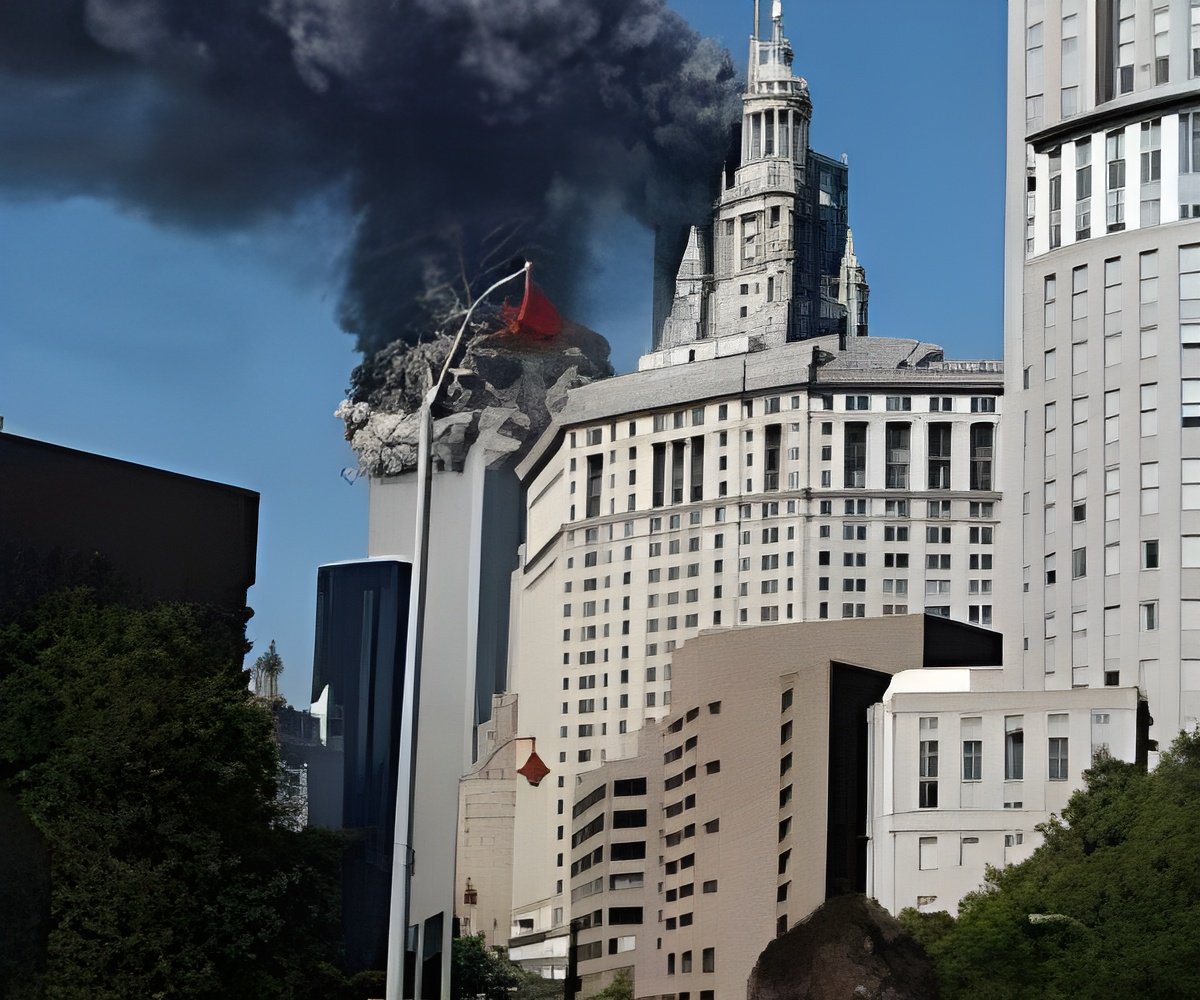
‘World Trade Center (WTC) responders are more likely to have human papillomavirus (HPV)-related head and neck cancers, reveals a new study.’
Read More..




The study, which is the first to report on head and neck cancers in WTC first responders, found a 40 percent increase in the diagnosis of these diseases between 2009 and 2012.Read More..
The findings highlight the need to examine the potentially carcinogenic effects of WTC exposure in the context of other strong risk factors and the need for continued medical monitoring of WTC responders, particularly the police and military.
"Since cancers are diseases of long latency, the findings of significant excess cancer in this period point to a newly emerging trend that requires ongoing monitoring and treatment of WTC-exposed persons," said lead author Judith Graber, an associate professor at Rutgers School of Public Health and a researcher at Rutgers Environmental and Occupational Health Sciences Institute.
The results were part of a two-year study funded by the U.S. Centers for Disease Control and Prevention examining whether first responders were at greater risk of human papillomavirus (HPV)--related throat and tongue cancer because of their exposure during recovery efforts in lower Manhattan.
The most prevalent increases were oropharyngeal cancers, which are often associated with HPV infection, and laryngeal cancer, but not oral and nasal cancers. The study also found that head and neck cancers were most associated with responders who were over 55, were non-Hispanic whites or who worked in military or protective service occupations and performed rescue and recovery and maintained the perimeter after the attacks.
Advertisement
"This excess occurrence in head and neck cancers is plausible since first responders inhaled debris clouds containing many known carcinogens," said Graber, who is also an associate member in the Cancer Prevention and Control Program at Rutgers Cancer Institute of New Jersey.
Advertisement
The findings highlight the need to examine the potentially carcinogenic effects of WTC exposure in the context of other strong risk factors and the need for continued medical monitoring of WTC responders.
Source-Eurekalert

